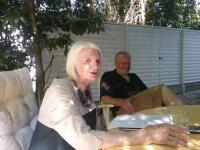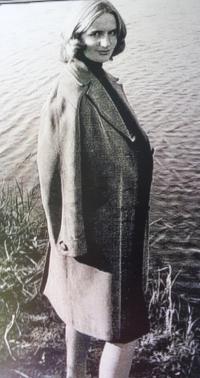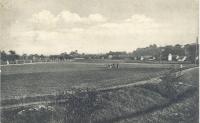I was ten years old and the childhood in Weisswasser was idyllic

Download image
As the first of three children Ingeborg Loos was born on 10th January, 1935 in Weisswasser. Her last name was Hauke. They lived in the grandfather´s house. The Grandpa was a baker and had a grocery shop. After his death they had to move. During World War II, she attended an elementary school in Weisswasser. During the war all young men had to go to the front. The father of Ingeborg Loos was also called into war. The women often stayed home alone. They had a farm and they were not hungry. Her father fought during World War II. Heavy fighting took place from January 1945 in Breslau, where her father fell. When she was ten years old she was expelled to Bavaria along with her mother and aunt. Following arrival to Germany her mother worked in a factory. They moved to West Germany. In 1955 she began her jurisprudence in Heidelberg; then continued her studies in Munich and Berlin. There she met her husband. She worked as a judge in Cologne on the Rhine. She has two children.


